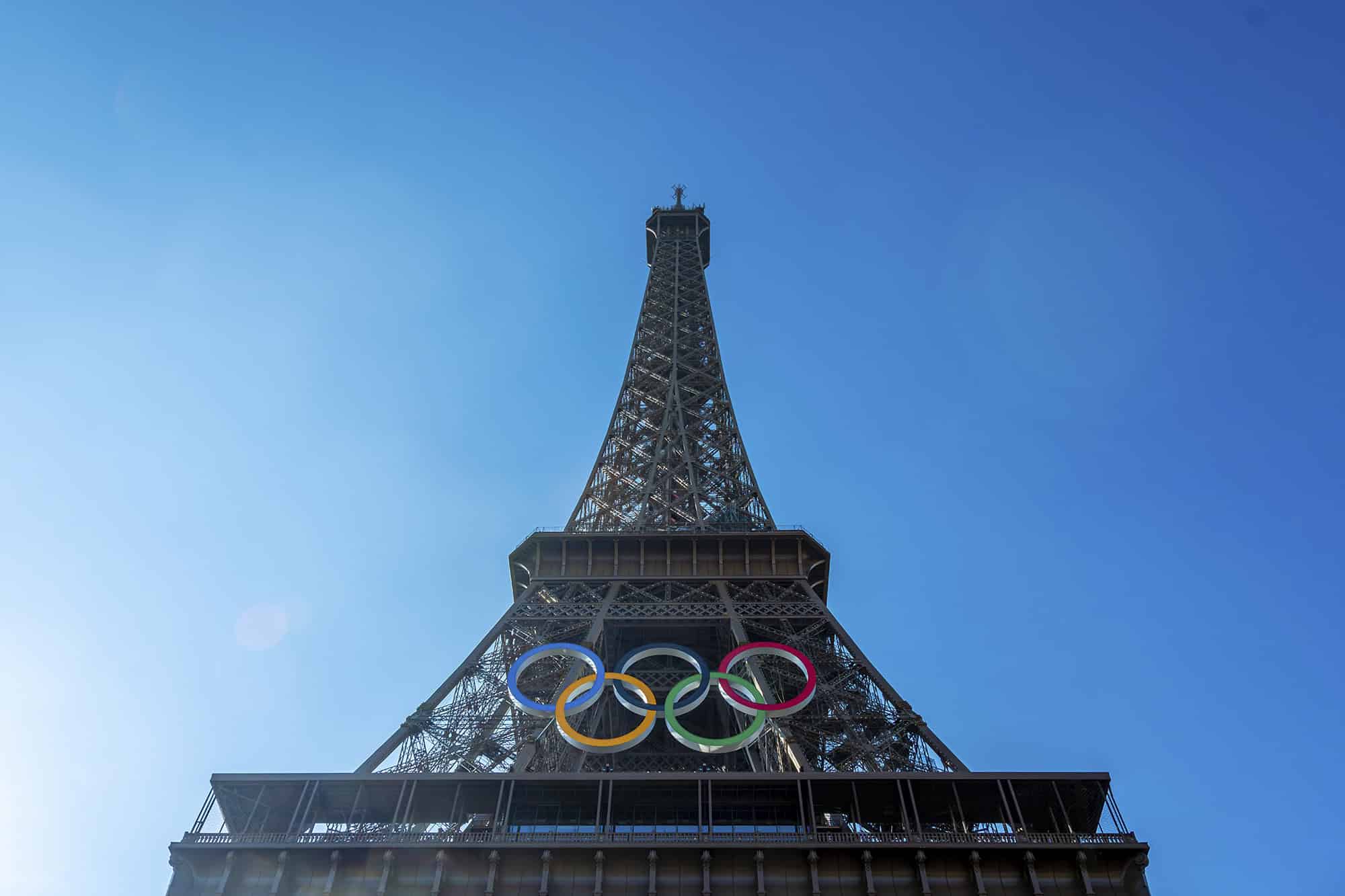In this two-part feature on the economics of the Summer Olympics, Global Finance delves into the financial strategies and innovations that the 2024 Paris Games, which run from July 26 to Aug. 11, are implementing to avoid the pitfalls of past host cities. Part one explores the historical context of Olympic costs and the steps the Paris Games’ organizing committee is taking to ensure fiscal responsibility. Part two examines the revenue generation and economic legacy of the Games, providing a detailed look at how the 2024 Summer Olympics might set a new standard for future host cities.
The 2024 Paris Games organizing committee is projected to break even or perhaps slip into the black from the upcoming Summer Games, CEO Étienne Thobois recently announced. With a budget estimated in the $8 billion to $10 billion range, Paris is emphasizing the use of existing facilities and lower-cost temporary venues.
“Everyone has been conscious of every euro that is spent, that it is useful, and we should be careful not to spend any euros on things that are superficial. Frankly, that is a challenge in itself,” Thobois said in a press conference before the opening ceremonies.
The Paris results stand in contrast to the last two Summer Games, when local committees lost $7 billion in the delayed Tokyo Games in 2021 and $2 billion Rio de Janeiro in 2016. Leaving taxpayers holding the bag is nothing new: Montreal famously needed decades to pay off its debt from the 1976 games. Many cities, notably Athens in 2004, wound up with useless sporting venues often built to feature Olympic sports that are not popular at home, like the Velodrome meant only for bicycle racing.

Viewed through this historical lens, cost overruns and white elephants seemed almost inevitable. “Hosting the Olympics is like holding a wedding,” said Hank Boyd, professor of Marketing at the Robert H. Smith School of Business at the University of Maryland. “You’re not going to be frugal.”
Scholars like Boyd have pushed the need for “structural reform.” And influential observers like Andrew Zimbalist, an economist at Smith College in Massachusetts, want to establish a single, permanent venue for the games—an idea that has been floated for years. Community groups have launched high profile opposition movements to their cities’ bids, successfully in Boston in 2012, but not so in Rio.
To address these issues, the Lausanne, Switzerland-based International Olympic Committee (IOC) has encouraged local officials to put the brakes on capital spending and change their bidding processes. After the Athens Games, “they told the organizing committees to not put up White Elephants and use temporary facilities,” said Chris Renner, Global Head of Consulting at rEvolution, a Chicago-based sports marketing agency, who has been working with the IOC since the 1990s. “London was the start of that. You can breakdown the facilities and reuse them elsewhere.”
Traditionally, the IOC evaluated bids just seven years ahead of time and awarded the games based on a process reminiscent of “a beauty contest,” said Christophe Dubi, IOC executive director of the Olympic Games. Now “we now have a very different approach to the awarding of the games” with a focus on long-term partnerships. “We are speaking to cities and regions interested in the games for 2040. And why? Because by having such a long perspective, you can design together the future of what the games would look like in region X, Y, Z. It doesn’t mean they could do it tomorrow, but it means that there is a future together.”
If 2028 host Los Angeles can repeat its showing in 1984 as the only local committee so far to turn a profit, this may begin to look like a trend. “Maybe Paris has cracked the code,” said Boyd, citing the 2012 London Games as a possible precursor. Those games broke even while leaving a valuable legacy of urban renewal and London Stadium, which has hosted multiple big events.
— Read Part 2 of 2024 Paris Games: Can The Olympics Finally Claim Financial Victory?




